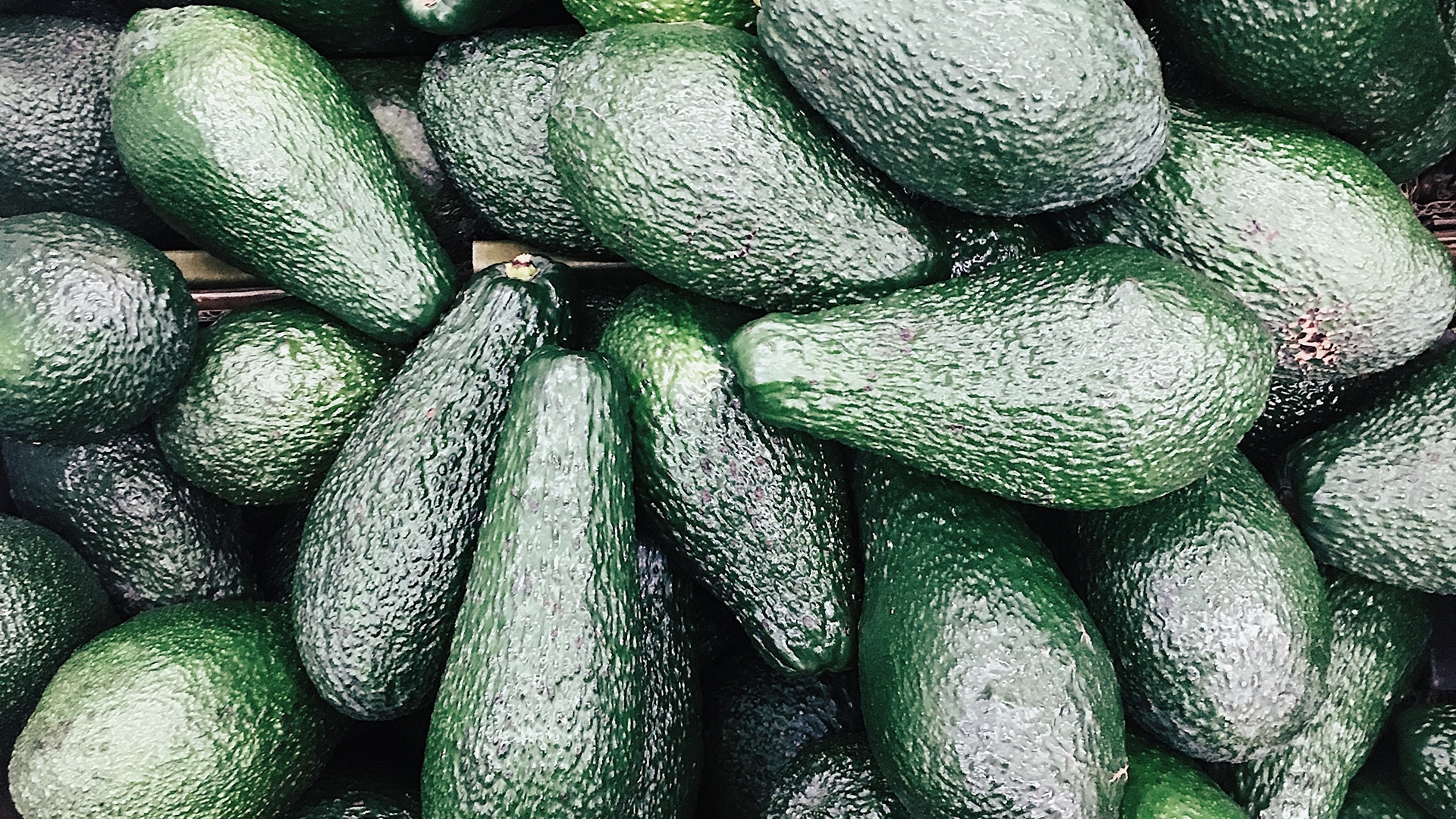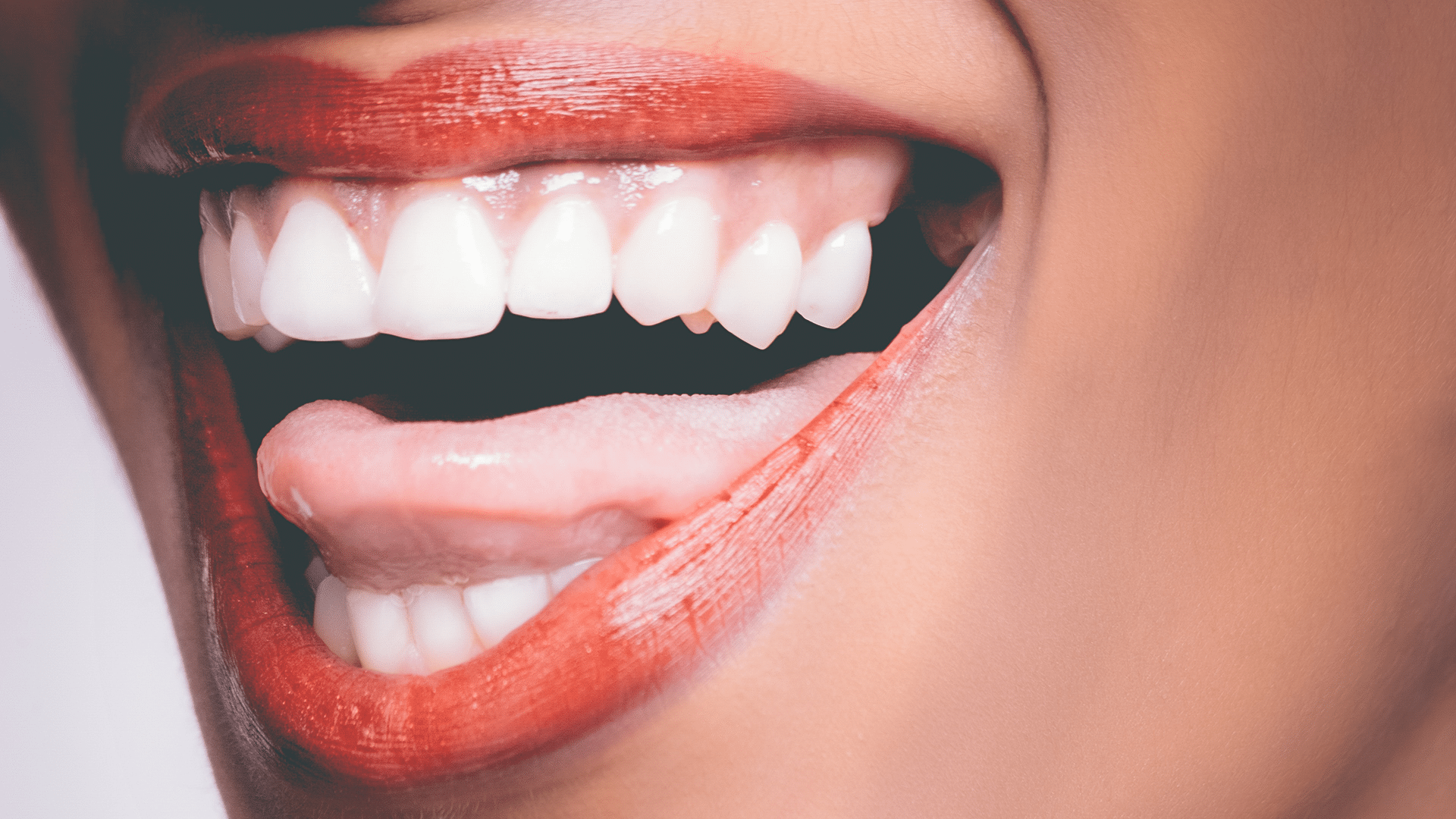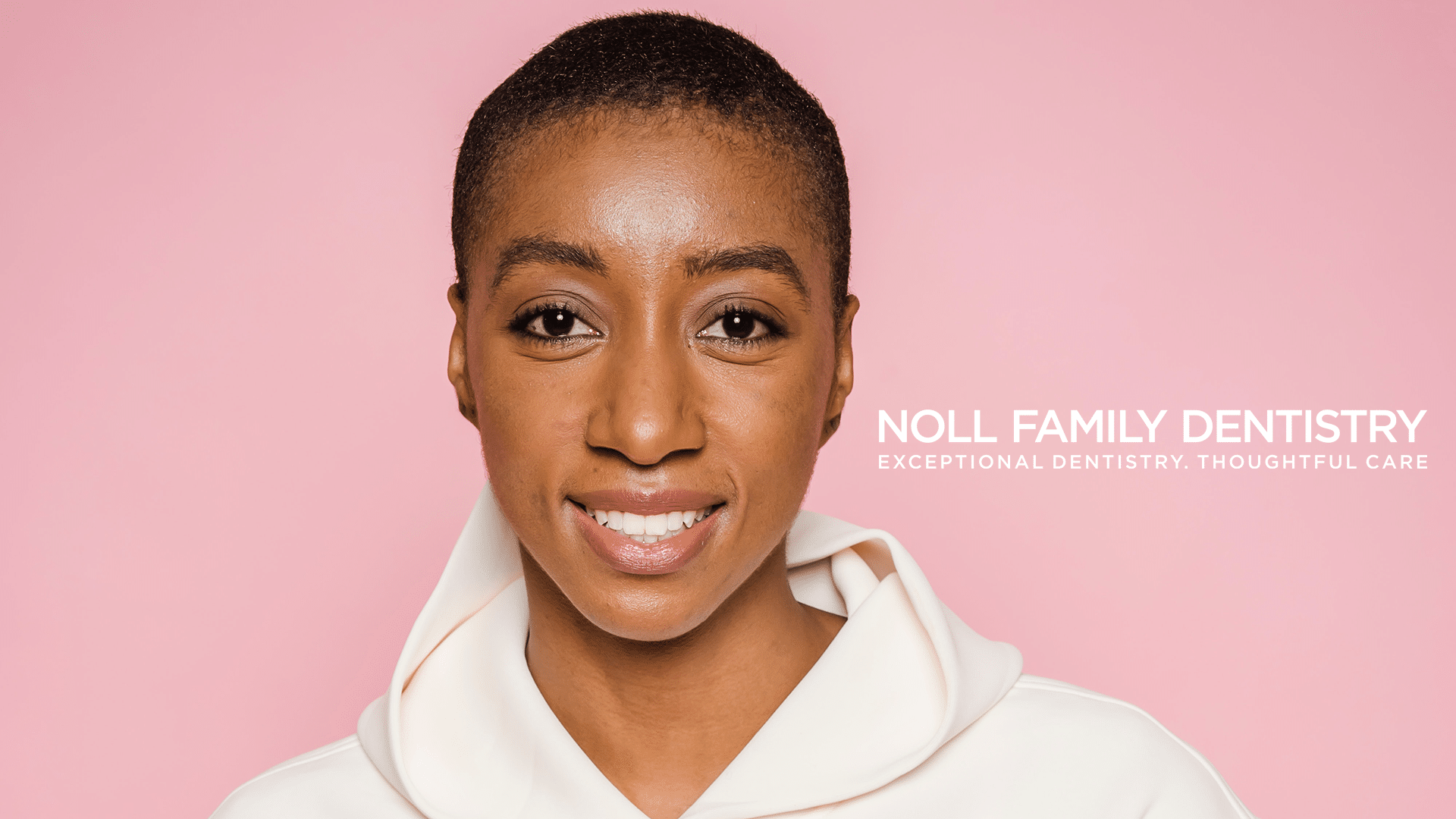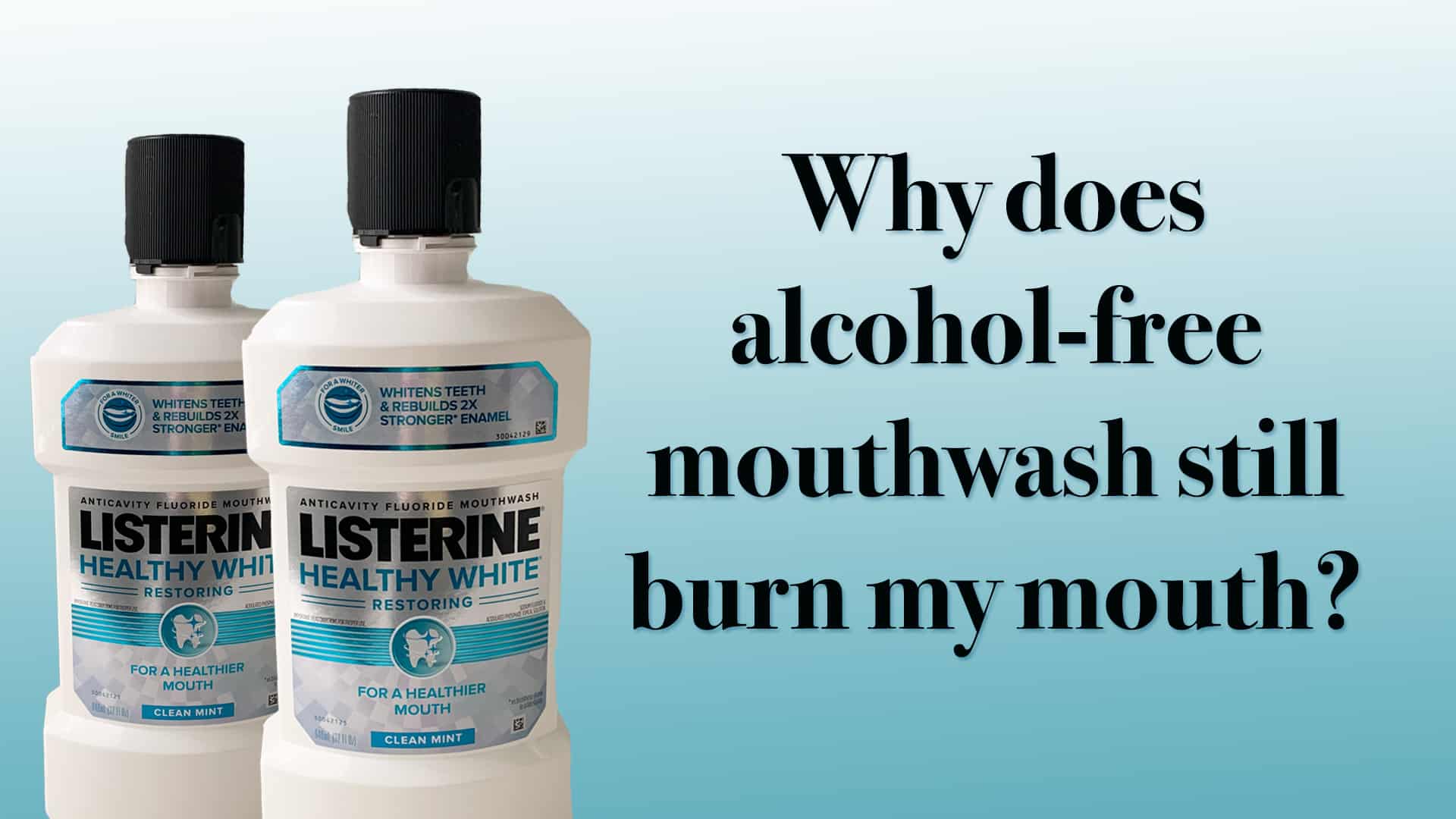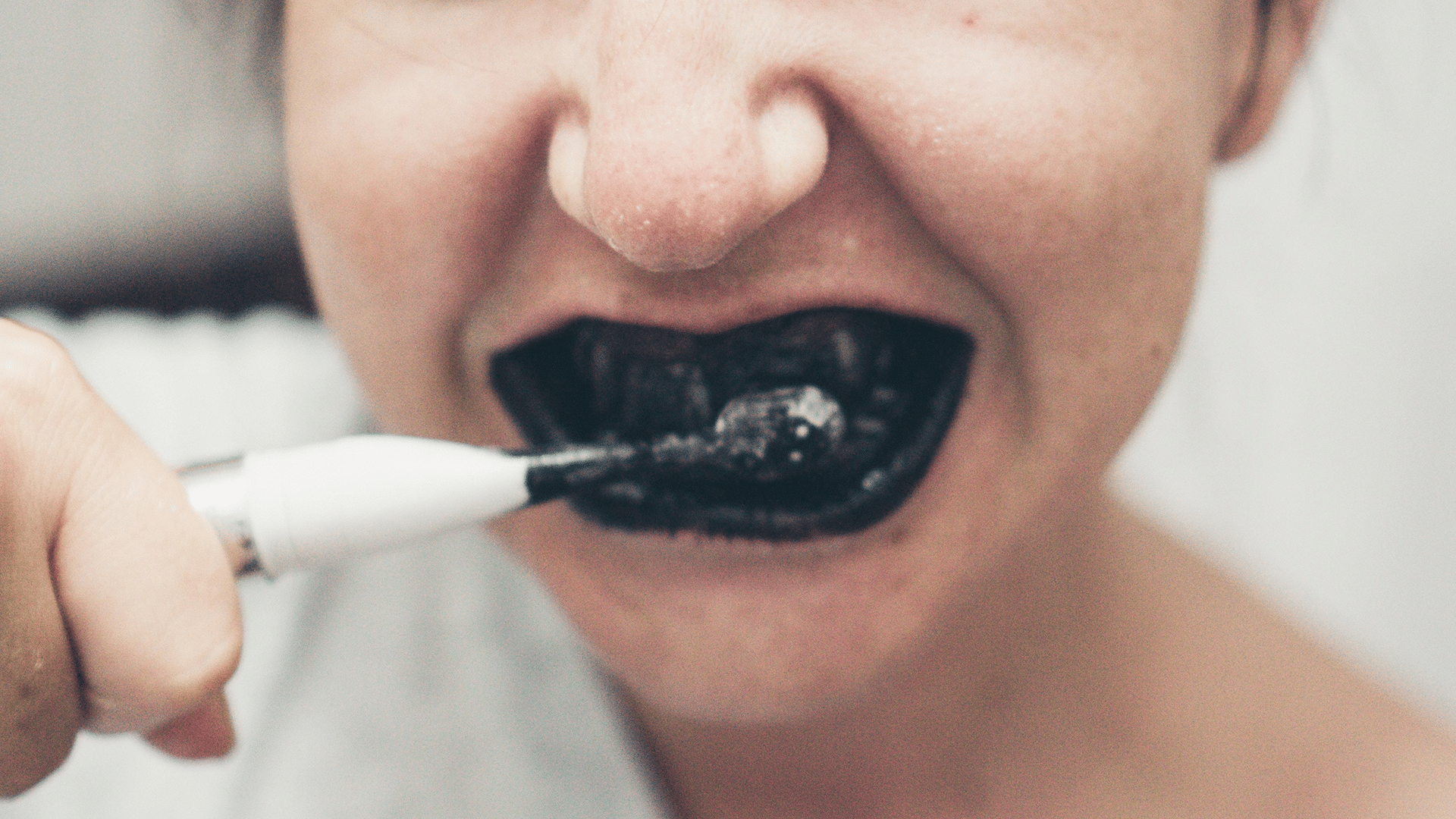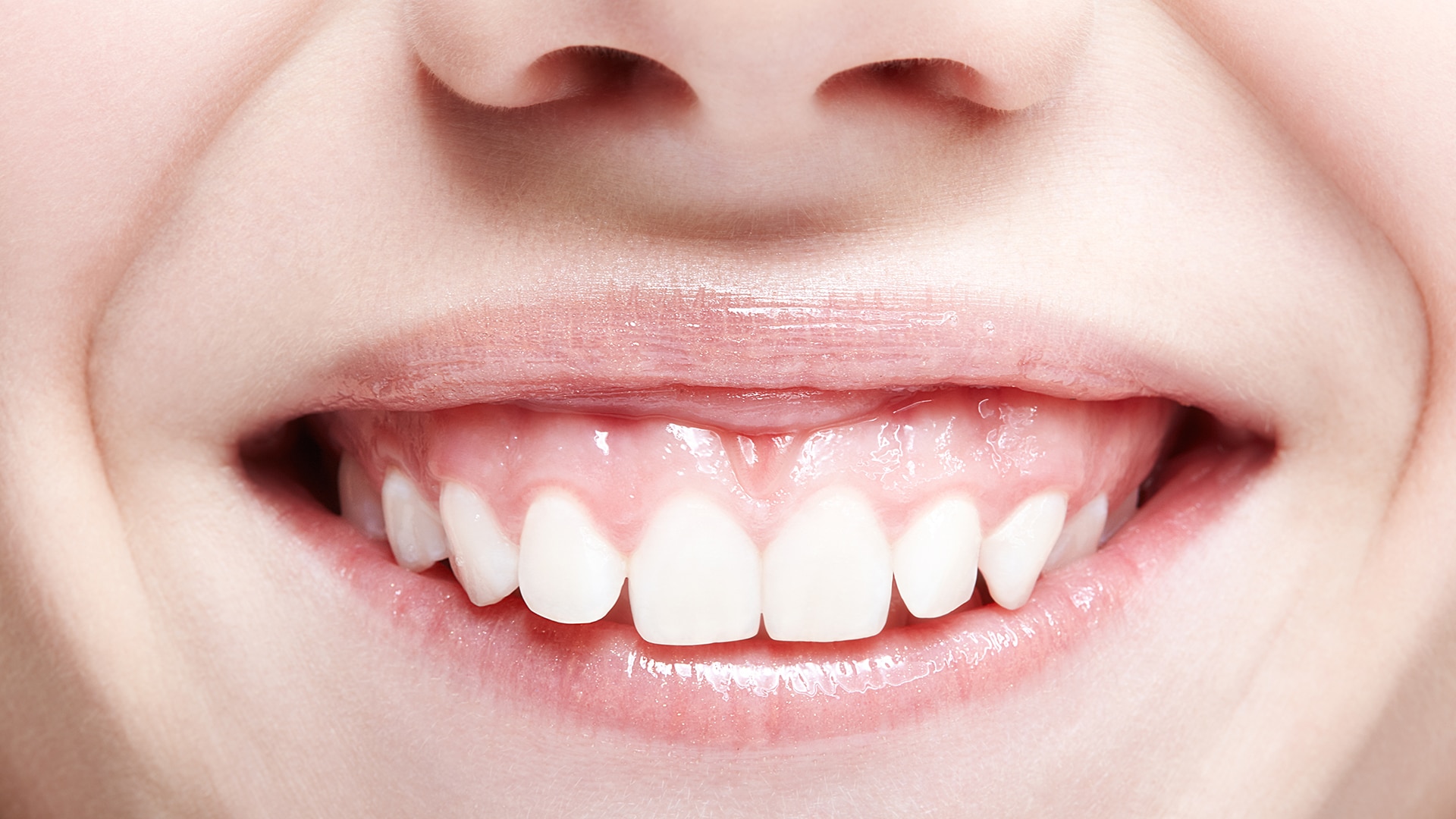As your stare into the mirror examining the sore on your lip, you realize you have your next cleaning with your dentist coming up. You’ve gotten these sores in the past and know that it’s a cold sore. You also know that the virus that causes cold sores is incredibly contagious, so what do you do? Your smile is important to you and you wouldn’t want to put that at risk. Is a visit worth the potential to spread the virus? The short answer is no, at least not most of the time.
What is a cold sore?
As you may already know, cold sores are a group of tiny, painful blisters that are caused by the herpes simplex virus (HSV). The symptoms you experience are usually the most severe the first time you get a cold sore. Once a cold sore has broken out, your body will usually make antibodies and you might not get another infection. Despite this, it is possible for them to return. They’ll usually appear on the outside of the mouth and lips, but it’s possible for them to show up on the nose and cheeks. Certain things can trigger an outbreak to occur, such as:
- Certain foods
- Stress
- Fever
- Colds
- Allergies
- Fatigue
- Sunburn or being in strong sunlight
- Dental work or cosmetic surgery
- Menstruation
For most people having a cold sore outbreak is just an inconvenience and something to be mindful of to prevent the spread. The spread of HSV can occur from kissing someone who has the virus, sharing eating utensils, towels, or razors. Some people with compromised immune systems may need extra care if they develop a cold sore.
Should I keep my appointment?
Given the high transmissibility of HSV, is it wise to go to your dentist? The best thing to do is to call your dentist and ask, but more than likely you’ll be asked to come back at a different time. Even though your dentist will wear gloves while they examine you, it’s still very possible to spread this highly contagious virus. Prior to the healing process that the cold sore goes through, you’re most contagious. Some dentists, however, will begin seeing people with cold sores again after that healing process has started and the sores have begun to scab. Even after that point, some people may experience pain from the dried-out sores. It might be hard to keep your mouth open for extended periods. This is perfectly normal and your dentist would understand if you needed to wait a little longer for the scab to fall off entirely.
Since these sores could easily spread to your dentist or the hygienist, it’s usually best to talk with them to make a plan for rescheduling your appointment once your cold sore has subsided. You want to ensure the safety and health of everyone at your dentist’s office. It’s best to determine where you’re at in the healing process and to give your dentist a call to see what they think.



